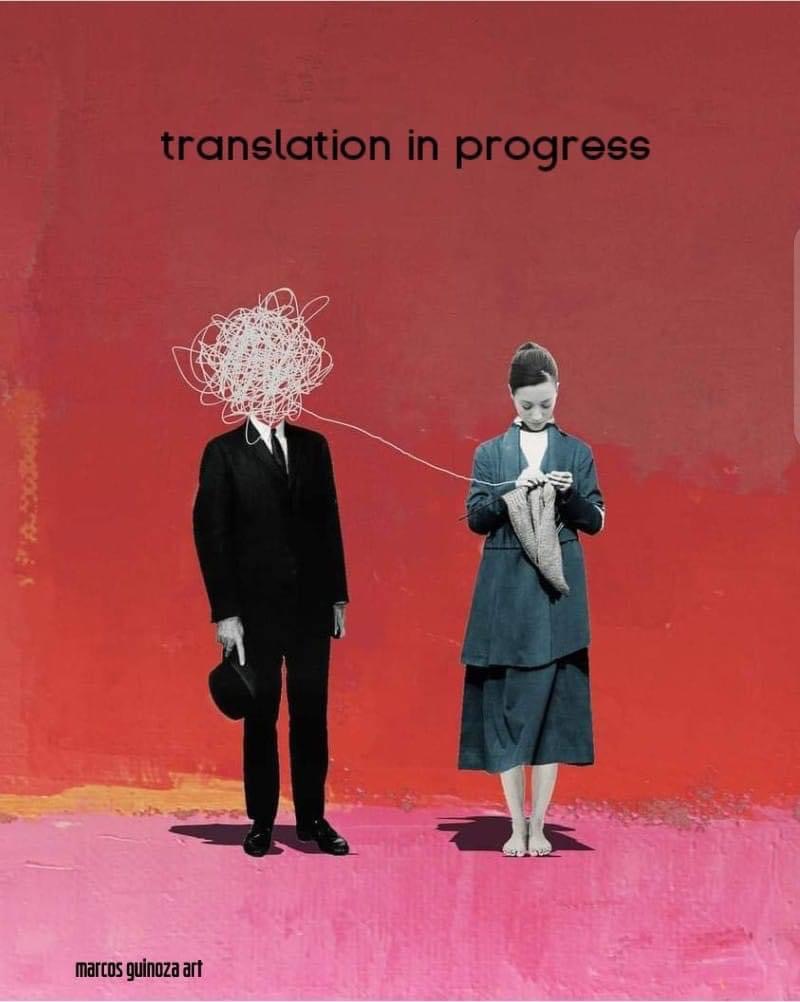 Artificial intelligence (AI) has revolutionized various industries, and one area where its impact is particularly significant is in the field of translation. AI-powered translation technology has transformed the way we communicate and break down language barriers, enabling effective and efficient global communication from phone applications to international diplomacy. The role of AI in translation, its benefits, challenges, and its implications for the future are in constant discussion.
Artificial intelligence (AI) has revolutionized various industries, and one area where its impact is particularly significant is in the field of translation. AI-powered translation technology has transformed the way we communicate and break down language barriers, enabling effective and efficient global communication from phone applications to international diplomacy. The role of AI in translation, its benefits, challenges, and its implications for the future are in constant discussion.
AI-powered translation, also known as machine translation (MT), utilizes advanced algorithms and neural networks to automatically translate text from one language to another. This technology has come a long way, evolving from rule-based translation systems to sophisticated neural machine translation models. These models are trained on vast amounts of multilingual data, enabling them to generate accurate and contextually appropriate translations.
“The minute you hear the phrase ‘AI’ or ‘algorithms,’ as in-house counsel, that is a signal to you that that is a product or tool that requires further scrutiny,” said Kristin Madigan, a partner at Crowell & Moring. While AI translation has made significant advancements, it still faces certain limitations. Some of the key limitations include:
Contextual Understanding
AI translation models often struggle to capture the full context of a sentence or text. This can result in inaccuracies or misinterpretations, especially in cases where the meaning of a word or phrase depends on the surrounding context. AI lacks the ability to comprehend cultural nuances, idiomatic expressions, or sarcasm that human translators can easily understand.
Lack of Cultural Sensitivity
AI translation models may not fully grasp the cultural nuances and sensitivities associated with certain languages. Different languages have their own unique cultural references, proverbs, or historical contexts that may not be accurately translated by AI. This can lead to translations that are technically correct but lack the cultural appropriateness required for effective communication.
Low-resource Languages
AI translation heavily relies on large amounts of training data to achieve accurate results. However, for low-resource languages with limited available data, AI may struggle to generate high-quality translations. This is because the lack of data makes it difficult for the model to understand and learn the specific linguistic patterns and nuances of these languages.
Domain-specific Knowledge
AI translation models may face challenges when dealing with specialized or technical content. These models may lack the domain-specific knowledge necessary to accurately translate industry-specific terminology or jargon. Human translators, on the other hand, can leverage their expertise and background knowledge to provide accurate and contextually appropriate translations in specialized fields.
Creative and Literary Translations
AI translation often struggles with creative and literary texts, such as poetry or literature. These texts require a high level of creativity, cultural understanding, and interpretation that AI models currently find challenging to replicate. The beauty and subtleties of creative writing may be lost in machine-generated translations, as AI lacks the ability to capture the aesthetic and emotional elements of language.
User Feedback and Adaptability
AI translation models rely on continuous user feedback to improve their performance. However, gathering user feedback can be challenging, especially for real-time translations or cases where the translated content is not reviewed by human translators. Additionally, AI models may face difficulties in adapting to individual user preferences or specific translation requirements.
It is important to recognize these limitations when using AI translation and to understand that, while AI can greatly assist in translation tasks, human involvement and expertise remain crucial for ensuring accurate, culturally appropriate, and nuanced translations. The combination of AI technology and human translators can provide the best balance between efficiency and accuracy in translation tasks.
Make sure you hire the best
Contact us today to be matched up with an expert translator from our team of leading, handpicked language professionals from around the world. Let us help you carry your voice!



